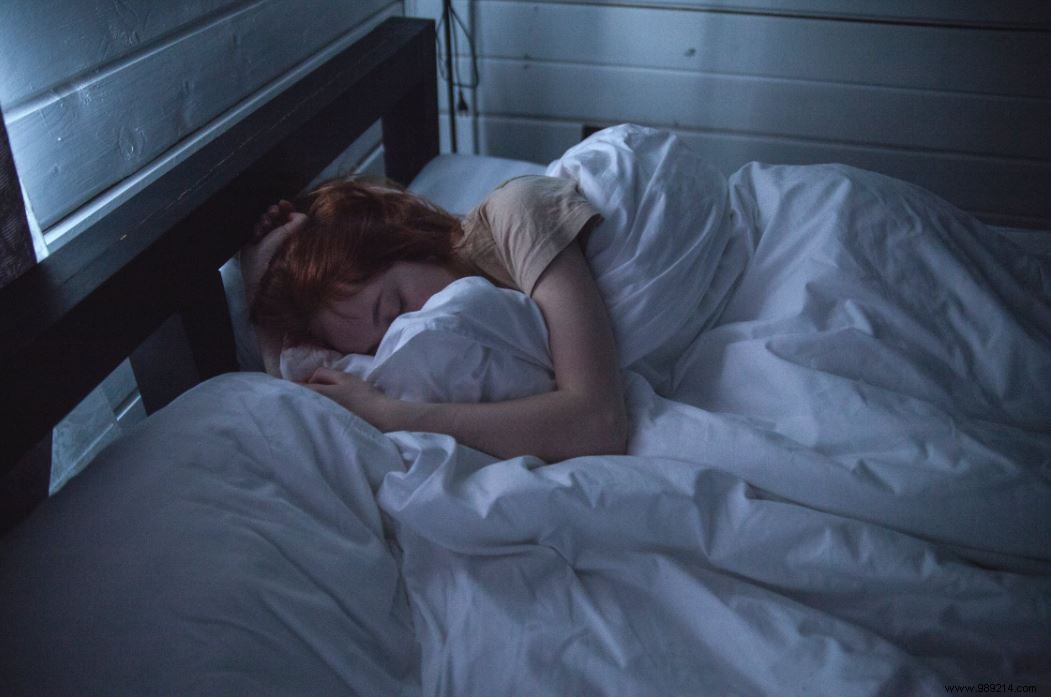According to a new study, the impact of lunar cycles on the sleep of men is stronger than that of women. How is it possible ? To find out, researchers studied the effects of different lunar phases.
Researchers believe they have conducted one of the largest studies concerning the impact of lunar cycles on the sleep of men and women. This is a team from the University of Uppsala (Sweden) whose work will be the subject of a publication in the journal Science of The Total Environment in January 2022. Scientists say they integrated 852 participants – 492 women and 360 men – whose age is between 22 and 81 years old. In addition, the study began in 2001 and was completed in 2018.
The study leaders used a polysomnograph, a device capable of recording sleep, and therefore to detect any problems. During these tests, the researchers observed variations in sleep according to the phases of the Moon in men and women. Importantly, these disruptions had gender differences.
A ranking has been established according to the nights studied. Let us first mention the waxing phase of the new Moon until the full Moon, and secondly the waning phase from the first day after the full Moon until the day of the following new Moon. Each volunteer underwent an observation of their effective sleep time between bedtime and the onset of the sleep phase and falling asleep.

According to their results, scientists indicate that the rising phase of the Moon reduces the sleep of both men and women. The hypothesis explaining this phenomenon is none other than the light that the star emits , more important until the full moon. During the waning phase, the Moon – reflecting less sunlight – would therefore disturb sleep less. Researchers believe that moonlight has an inhibiting effect on the secretion of melatonin, the famous sleep hormone.
The most surprising thing about this study is the level of disturbance differences in men and in women. Men would be more impacted, because their waking time before falling asleep is longer, which at the same time reduces their sleep time. On average, men lose about 20 minutes of sleep during the rising phase while women lose only a dozen. In addition, if wakefulness and sleep disturbances are greater in men, the quality of sleep in women always remains the same despite the loss of time.
Finally, it should be noted that Swedish researchers do not intend to formally state that lunar cycles are related to sleep and gender. Scientists are fully aware that their study is based entirely on observations, which in itself does not constitute certain proof of a causal link between these factors.